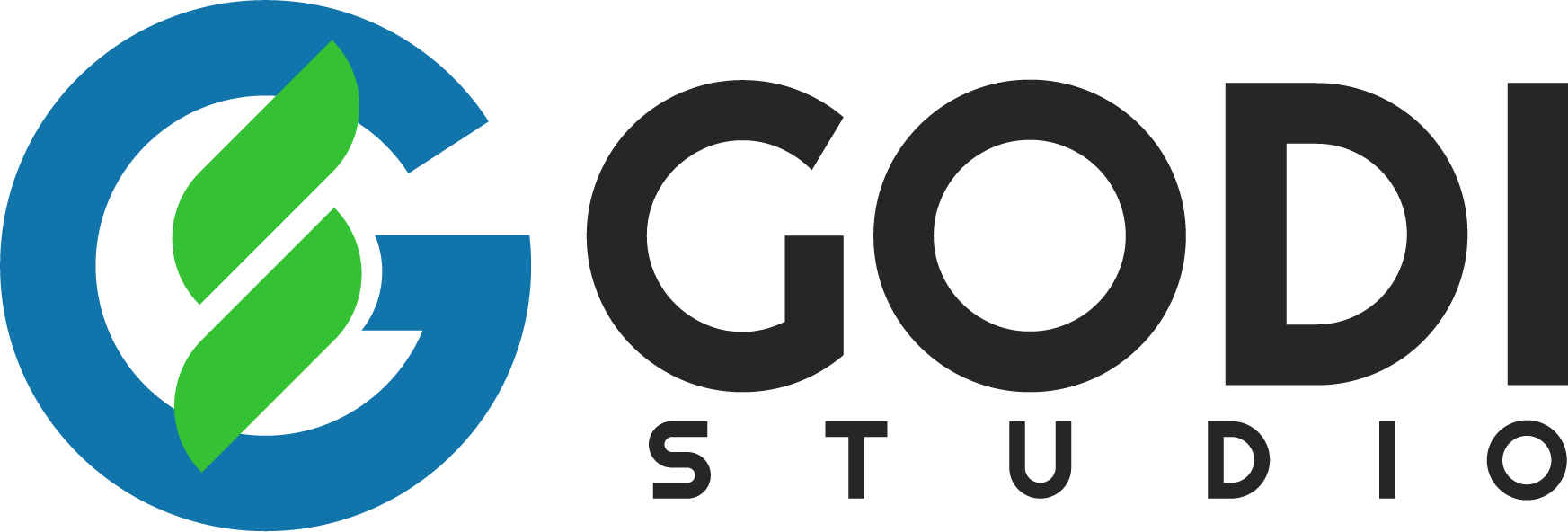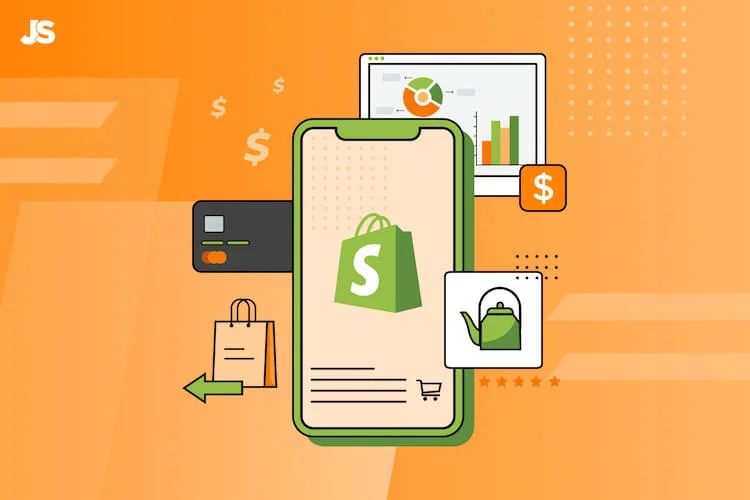In 2024, the e-commerce space is more competitive than ever, and creating a standout Shopify store is crucial for success. Customizing your Shopify store not only improves its visual appeal but also enhances user experience, which is essential for driving conversions. This updated guide covers the latest tips and techniques for making your Shopify store stand out and perform at its best.
Selecting the Right Shopify Theme
Choosing the right theme for your Shopify store is the first crucial step in setting your online shop apart.
- Choose a Niche-Specific Theme: Shopify offers various themes tailored to specific industries. For example, a minimalist design like Minimal works well for fashion, while Turbo is perfect for tech and high-traffic stores. Select a theme that complements your brand’s aesthetic and product offering.
- Responsive Design: A responsive theme ensures that your store adjusts seamlessly across all devices, particularly mobile, which is a significant part of the shopping experience. Shopify themes such as Debut and Dawn are designed to be mobile-friendly, offering a smooth shopping experience regardless of the device.
- Customizability: Consider themes that allow flexibility in design. Some free themes may offer basic customization, but premium themes often come with more features to tailor the store to your needs, helping you build a unique store that aligns with your branding.
- Click here
Refining General Store Settings
Once you’ve selected a theme, you’ll need to fine-tune your store’s settings to ensure it delivers a user-friendly experience.
- Branding: Upload a clean, high-quality logo and ensure consistent use of colors, fonts, and design elements throughout the store. This consistency builds trust and helps with brand recognition. Customizing your store’s header and footer for easy navigation will also enhance the overall aesthetic.
- Typography and Buttons: Choose web-friendly fonts that are easy to read. Fonts like Lato or Roboto are both stylish and functional. Customize call-to-action buttons, like "Add to Cart" or "Buy Now," by using contrasting colors to attract attention and guide users to make a purchase.
Optimizing Header, Footer, and Announcement Bar
The header, footer, and announcement bar are key areas for customer interaction, so optimizing these sections is vital.
- Header Customization: Your header is the first part of your store that customers see, so make it simple yet functional. A sticky header that follows users as they scroll can improve navigation, especially for users on mobile devices. Ensure the cart, search bar, and key links are easily accessible.
- Footer Customization: The footer offers a space for important information like shipping policies, contact details, and social media links. It's also a good area to place secondary navigation links, which makes it easy for customers to find additional information without cluttering the main layout. Click here
- Announcement Bar: This is a great spot for promotions, flash sales, or important updates. Use the announcement bar to inform users of any limited-time offers or new arrivals. Keep the message clear and concise to avoid overwhelming the customer.
Advanced Customization for User Engagement
Advanced customization options help set your store apart and engage users in a more personalized way.
- Custom Sections: Shopify allows you to add custom sections to the homepage, such as sliders, product carousels, and testimonials. Adding sections that highlight featured products, bestsellers, or seasonal collections can improve user engagement and guide customers through their shopping journey.
- Interactive Features: Integrating tools like live chat (via Tidio) or product recommendations (via Nosto) can increase customer interaction and drive sales. Offering live chat allows you to answer customer questions in real-time, reducing bounce rates and boosting conversions.
- Personalization: Personalized experiences are a powerful way to keep customers engaged. Using apps like Klaviyo for email marketing and Nosto for personalized product recommendations allows you to tailor the shopping experience based on user behavior, leading to higher engagement and repeat purchases.
Mobile Optimization: Ensuring a Seamless Experience
Mobile shopping continues to increase, making mobile optimization crucial for the success of your Shopify store.
- Mobile-Friendly Design: Choose a mobile-responsive theme to ensure that your store looks great on all devices. Shopify's themes are generally mobile-optimized, but always double-check your store's design on multiple devices to make sure everything functions smoothly.
- Simple Navigation: On mobile, users expect easy navigation. Streamline your menu and consider using a hamburger menu that collapses into an icon to save space. This will make it easier for users to find what they’re looking for without navigating away from the page.
- Speed Optimization: A slow-loading website can be a major turnoff for mobile users. Optimize image sizes and remove unnecessary elements to improve load times. Shopify’s built-in speed optimization tools can help reduce page load time and improve the user experience.
Leveraging Shopify Apps for Added Functionality
Shopify’s App Store is a goldmine of tools that can improve your store’s functionality without the need for coding.
- SEO Optimization: Apps like SEO Booster and Plug in SEO help you optimize your product pages for search engines, improving your visibility and attracting more traffic. These apps automate common SEO tasks, ensuring that your store ranks well on Google.
- Email Marketing and Automation: Shopify apps like Klaviyo or Omnisend enable you to set up automated email campaigns for cart abandonment, customer re-engagement, and product recommendations. Automating these processes saves time and ensures that customers receive timely and relevant communication.
- Customer Reviews: Positive customer reviews act as social proof and can significantly impact buying decisions. Integrating review apps like Loox or Yotpo encourages satisfied customers to leave reviews and helps build trust with new customers.
Ongoing Maintenance and Optimization
The work doesn’t stop after customization—regular maintenance ensures that your store remains high-performing and competitive.
- Regular Updates: Shopify frequently updates its platform, so staying on top of these updates ensures your store remains secure and functional. Additionally, updating your theme and apps regularly ensures compatibility and access to new features.
- Tracking Analytics: Shopify’s built-in analytics dashboard allows you to track metrics like customer behavior, conversion rates, and cart abandonment. Regularly reviewing these analytics helps you identify areas for improvement and adjust your strategies accordingly.
- A/B Testing: Conduct A/B tests on different elements of your store, like product pages, buttons, and copy, to determine what works best for your audience. Continuous testing and optimization can significantly improve the user experience and boost conversions.


